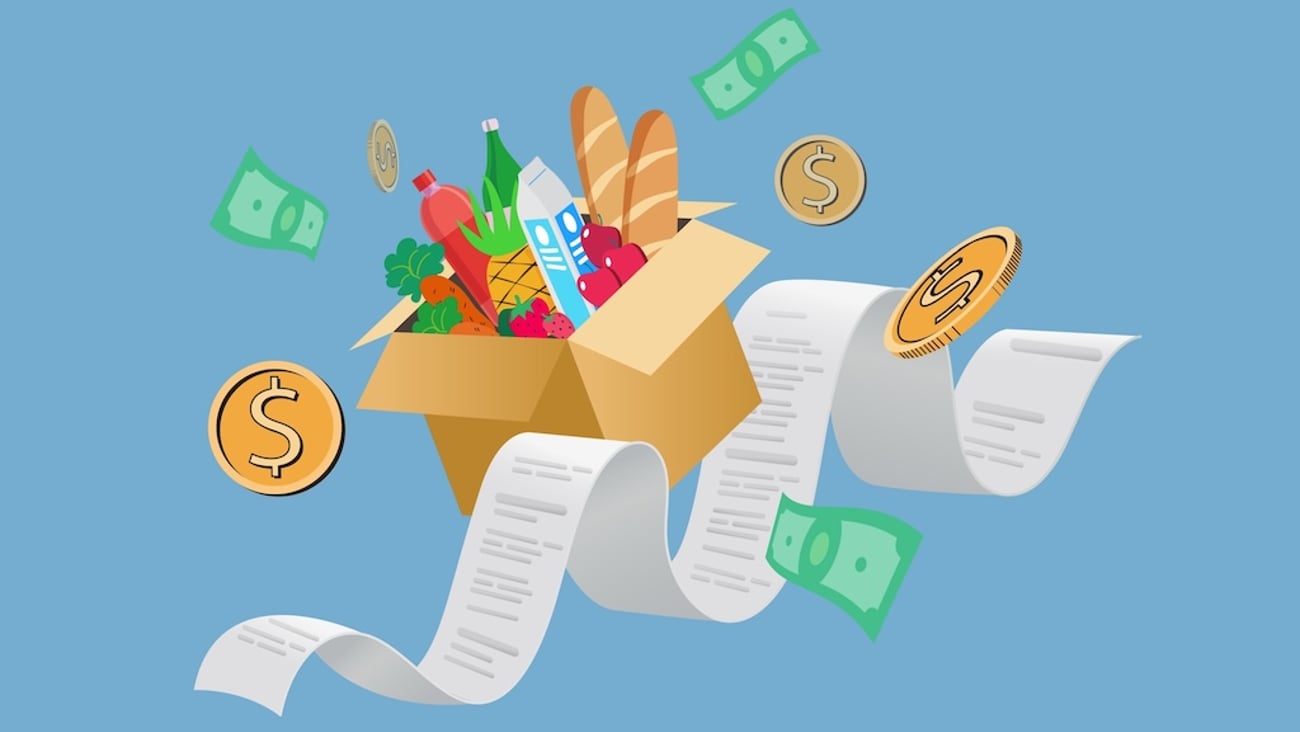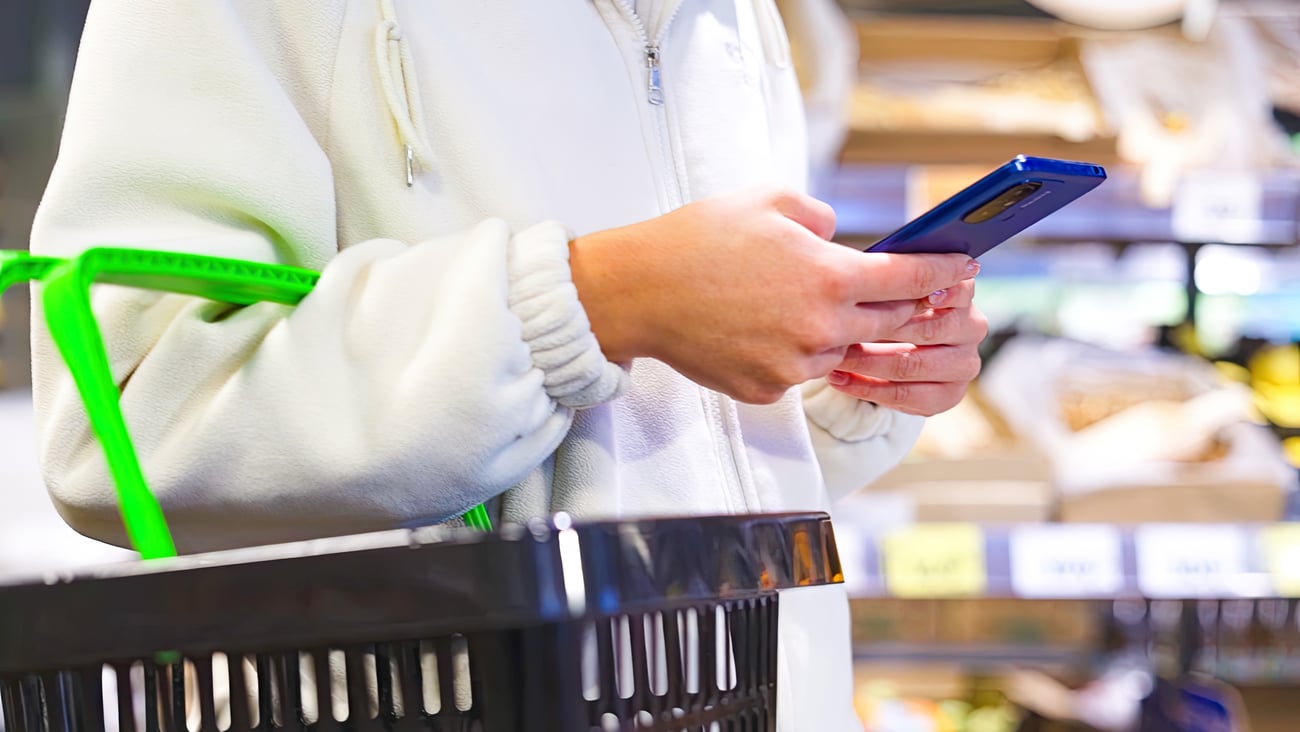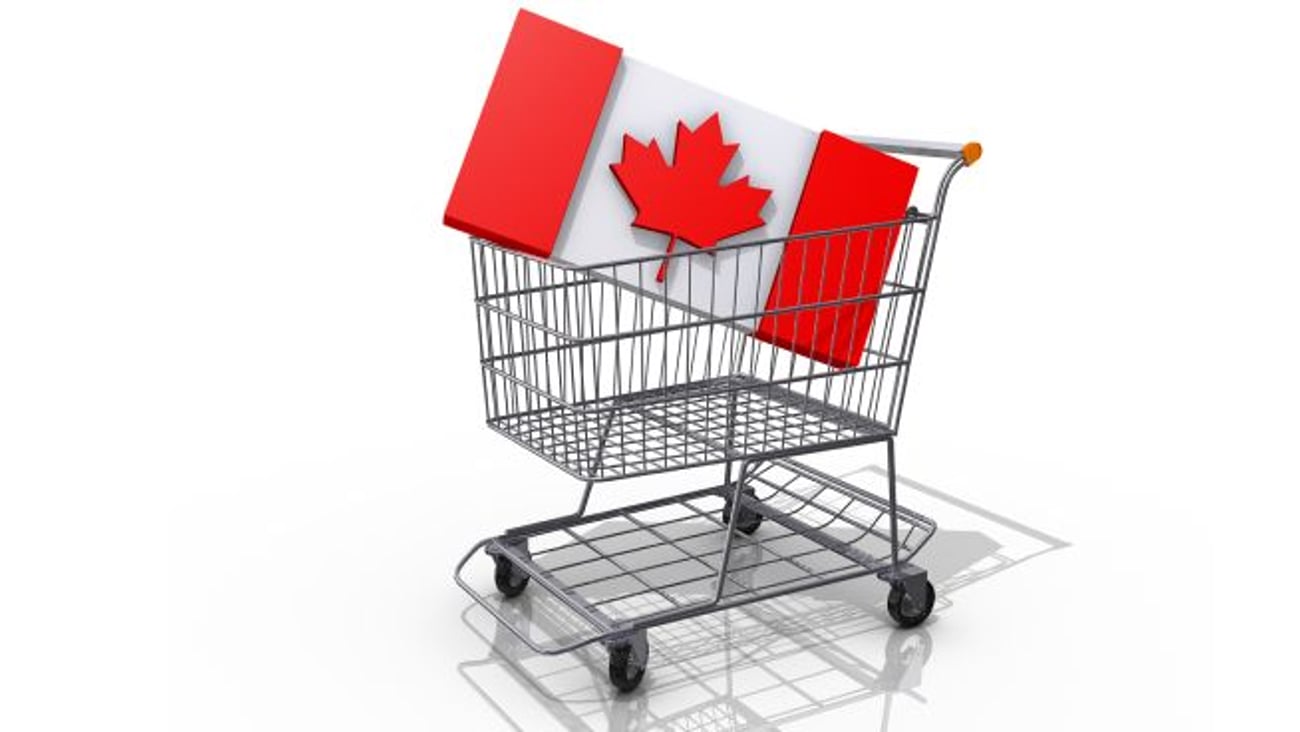Will AI make us food illiterate?
Less than 5% of people really understand how our food goes from farm to table. A quick look at social media shows that misinformation spreads faster than scientific facts, and many people struggle to get reliable information. Whether it’s GMOs, organic foods, buying local, climate change, or corporate greed in agri-food, most people just don’t grasp the full picture, even with efforts from the media and experts. With the rise of Artificial Intelligence (AI), this lack of understanding could get even worse.
As bestselling author Yuval Noah Harari points out in his book Nexus, AI could make people more disconnected from many aspects of their lives, including food. We are only at the start of the AI revolution, and while some compare it to the rise of the internet, the two aren’t the same. The internet is a tool, but AI can act on its own, making decisions for us. This could lead to a situation where people are even less engaged with food systems than they are now, which is a real concern.
READ: More than bells and whistles: NIQ’s Hanif Mohamed on tech adoption
AI is already playing a big role in the food industry. The global market for AI in food and beverages is expected to hit nearly $30 billion by 2026, growing by about 45% every year. More than 60% of food manufacturers use AI to improve supply chains, cut waste, and predict what customers will want, reducing food waste by 20-35% in some cases. AI is also being used to give personalized nutrition advice, a market that could be worth $16.6 billion by next year. Additionally, AI is being adopted for food safety to monitor contamination risks and help companies follow the rules, with this area expected to grow by 43% by 2027.
In the agri-food sector, AI has the potential to replace many jobs. It can make things more efficient in nutrition, logistics, waste management, and resource planning. It's already doing a lot of the behind-the-scenes work, but the biggest change will likely be in management roles, which could cause major disruptions.
AI could completely reshape the way we think about food. It might create custom foods and flavors based on personal preferences or even design self-sustaining food systems. Imagine tasting a dish made exactly the way your ancestors did in 1850. AI could also help create ethical food systems that address climate change more quickly than we can today.
But here's the big question: who will decide what’s good or bad for us when it comes to food and services? The food industry is heavily regulated, but public opinion is influencing organizations like Health Canada more than they let on. AI could give even more power to those who control the data, shaping our food choices and behavior. This leaves consumers at a disadvantage. With tactics like dynamic pricing and advanced marketing, it will become harder to tell what’s true or fair.
READ: How GenAI can reshape the way grocers do business
There are also ethical concerns about how AI could monitor what we eat. Food is tied to our culture, traditions, and personal preferences. Can AI really improve these deeply human aspects of life? It could end up shaping our food cravings, influencing what we like, and creating artificial trends, which might harm culinary traditions and cultural diversity.
Moreover, AI could widen the gap between the rich and the poor. Wealthier people could access better, AI-optimized diets, while poorer communities might be stuck with less nutritious options. This inequality already exists, but AI could make it worse.
While AI aims to make things more efficient, we need to ensure it doesn’t erode local autonomy or food identities. It’s crucial to involve everyone in discussions about how AI is used in food and agriculture, and to create regulations that prevent power from being concentrated in the hands of a few.






